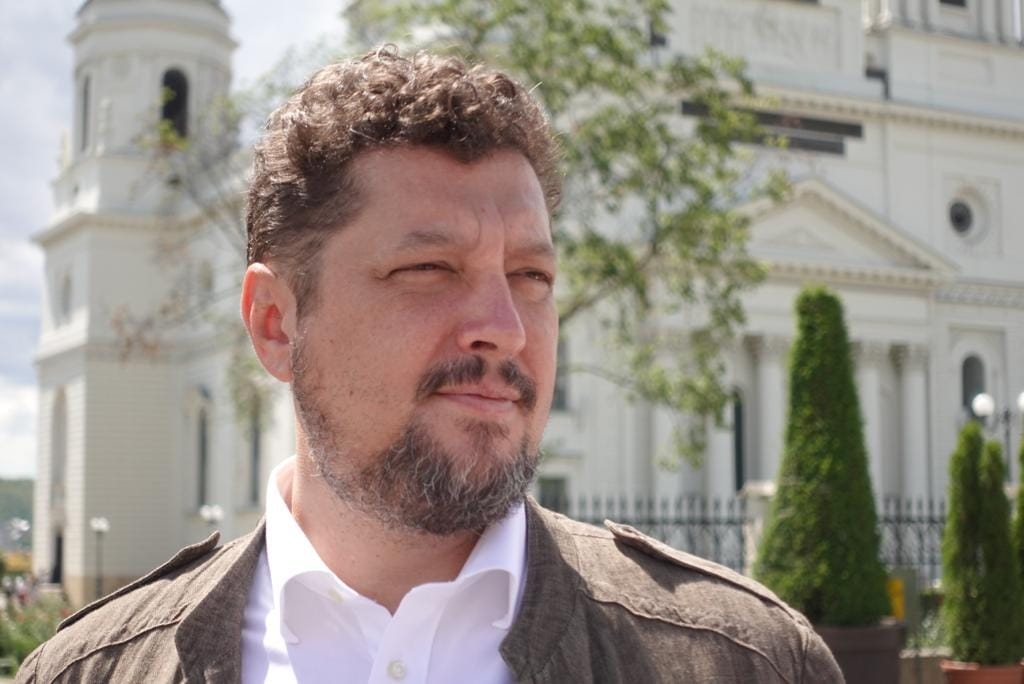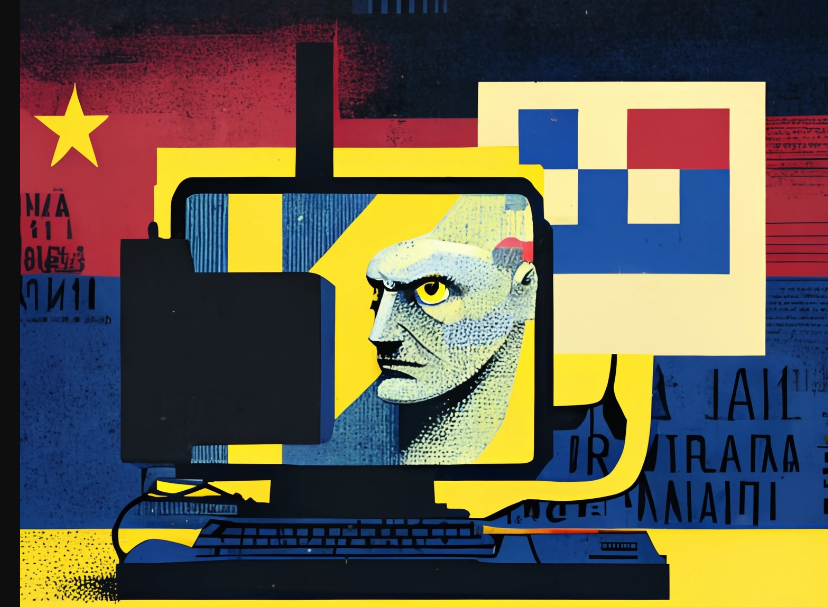
Despite the rise of TikTok and discussions about “freer” platforms such as MeWe or Telegram, Facebook remains the main platform for political debates in Romania. Facebook is also the platform for initiating radicalization. Radical channels on Facebook work to attract people with moderate opinions or those who are not politically socialized online, radicalize them, and then try to transfer them to other platforms.
In this – apparently favourable – environment, Diana Șoșoacă, far-right MP and outspoken Kremlin supporter, has experienced a spectacular drop in audience, from 22 million monthly views to mere thousands in just a few months.

Ever since the beginning of the war, the far right has had to appease two constituencies. The more traditional far right had been historically opposed to Russia’s foreign policy: anti-communism and by extension opposition to Russia is the founding myth of the Romanian far-right. This goes way back to Corneliu Zelea Codreanu, leader of the interwar fascist movement The Iron Guard and Ion Antonescu, interwar prime-minister allied with Hitler. The far-right will often justify their deeds (including hate and war crimes) by the need to resist Soviet / Russian influence. Also, the vast majority of Romanians do not sympathise with Russia[1] so every effort to recruit followers from the mainstream needs to account for that.

The present report illustrates the growing import of fringe content and voices into mainstream media with a case study of the cooperation between arguably mainstream Realitatea TV/ Realitatea Plus (in particular the show Behind the Scenes of the Parallel State with Anca Alexandrescu) and the fringe one-man-show Luis Lazarus Zeus TV (one of the most influential promoters of far-right, anti-vaccine and Kremlin-aligned narratives)The present report illustrates the growing import of fringe content and voices into mainstream media with a case study of the cooperation between arguably mainstream Realitatea TV/ Realitatea Plus (in particular the show Behind the Scenes of the Parallel State with Anca Alexandrescu) and the fringe one-man-show Luis Lazarus Zeus TV (one of the most influential promoters of far-right, anti-vaccine and Kremlin-aligned narratives).

Case study: Perceptions and context for the self-victimising declarations of a pro-Kremlin Romanian cleric from Ukraine
February 1, 2023
In Romania, the attitude towards the Romanian minority in Ukraine has been historically a vulnerability to pro-Kremlin propaganda. Nationalist and pro-Kremlin voices argue that Ukraine is systematically hostile towards the Romanian minority, continuing the policies of Soviet times. In that, they exaggerate the real issues that do exist in Ukraine, as well as positions taken by Romanian diplomacy in its efforts to promote the rights of the Romanian diaspora. The result is an overlap between mainstream and radical positions, which is exploited by radical voices to gain legitimacy.

